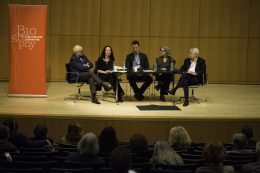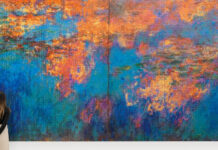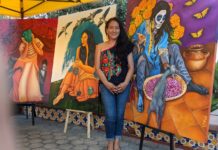By Martin Lazzarini, from Buenos Aires with special reporting by Eduardo Flores Torres.
The “2023 BIO CONFERENCE” that took place May 19 to 21 is one of the least publicized but most exclusive meetings in the Big Apple. Here, chroniclers of lives that are or will become legends meet to share their experiences and discuss new challenges. This is ever more crucial in a society distracted by trivial stories instead of those that truly illuminate the more fascinating aspects of our existence.
There is perhaps no more iconic, or more symbolic location for an annual gathering of biographers than close to the Empire State Building. That iconic building, unlikely as it may seem, will undoubtedly recede further from the collective unconscious until someone would have to remind us of his former glory – the honor of having been, for a few decades, the tallest skyscraper in New York, or the fading fame as the final destination of another old icon named King Kong. The job of the biographer is, therefore, clear: to remind us of our past.
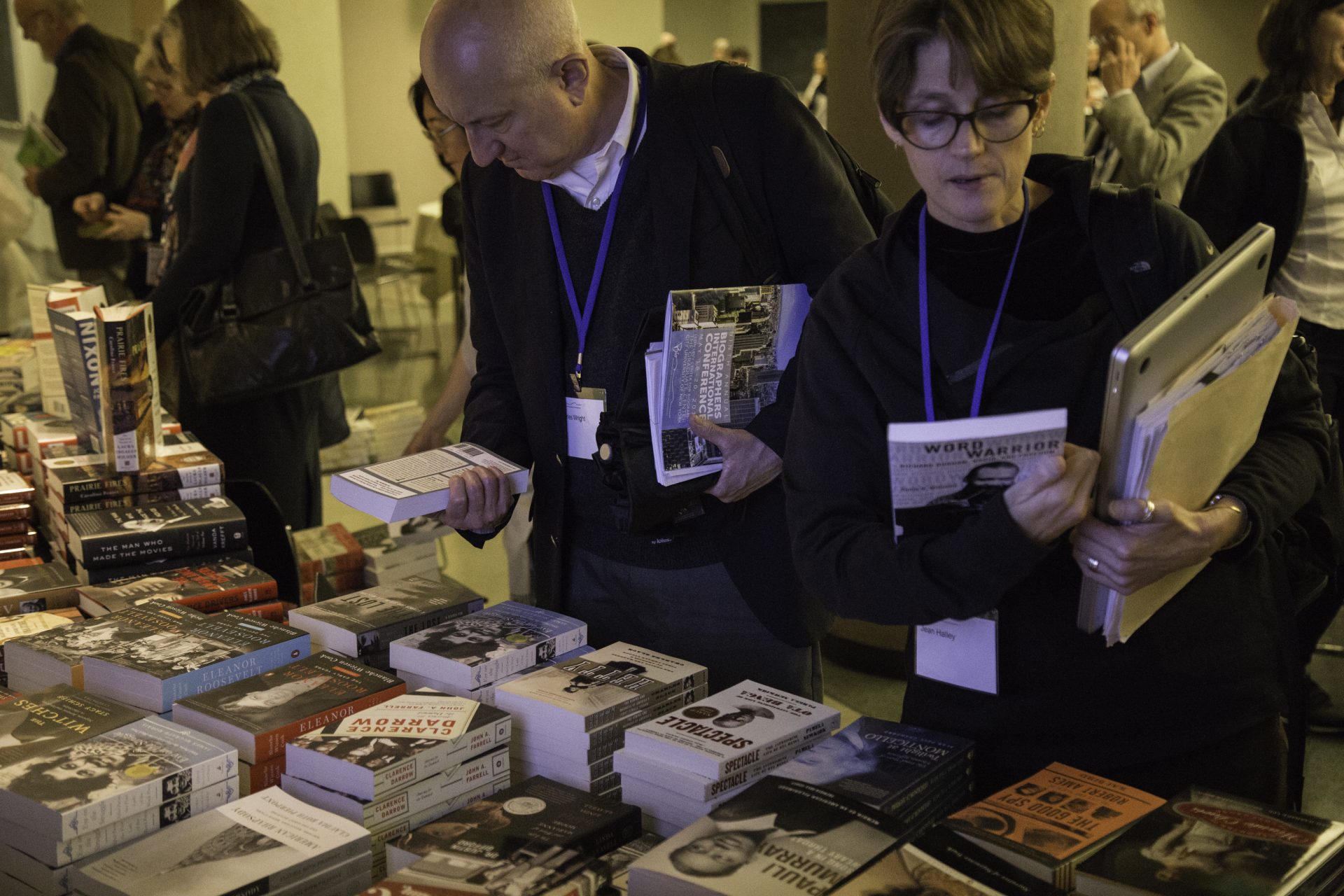
It was tempting to turn and ask some passersby, especially the young, about the building across from the New York University Graduate Center. The history some contemporaries carry with them and the absence of that memory in others underscores, like nothing, the need that ignites in them, their fervor to tell stories burning within many of the attendees at this annual conference.
Unlike the fiction writer, it is the true stories-those that are in danger of being forgotten -that drives them, to praise these people, or show them in all their faults, to understand the horrors of the past or vindicate those who some tried to forget.
The “Bio Conference” that took place at the CUNY Center in New York is a relatively new meeting, having started in Boston in 2010, and in its first years having traveled to other large cities in the country, including DC, to finally settle for several years in the “Big Apple” before the pandemic hit and moved it to the virtual realm.
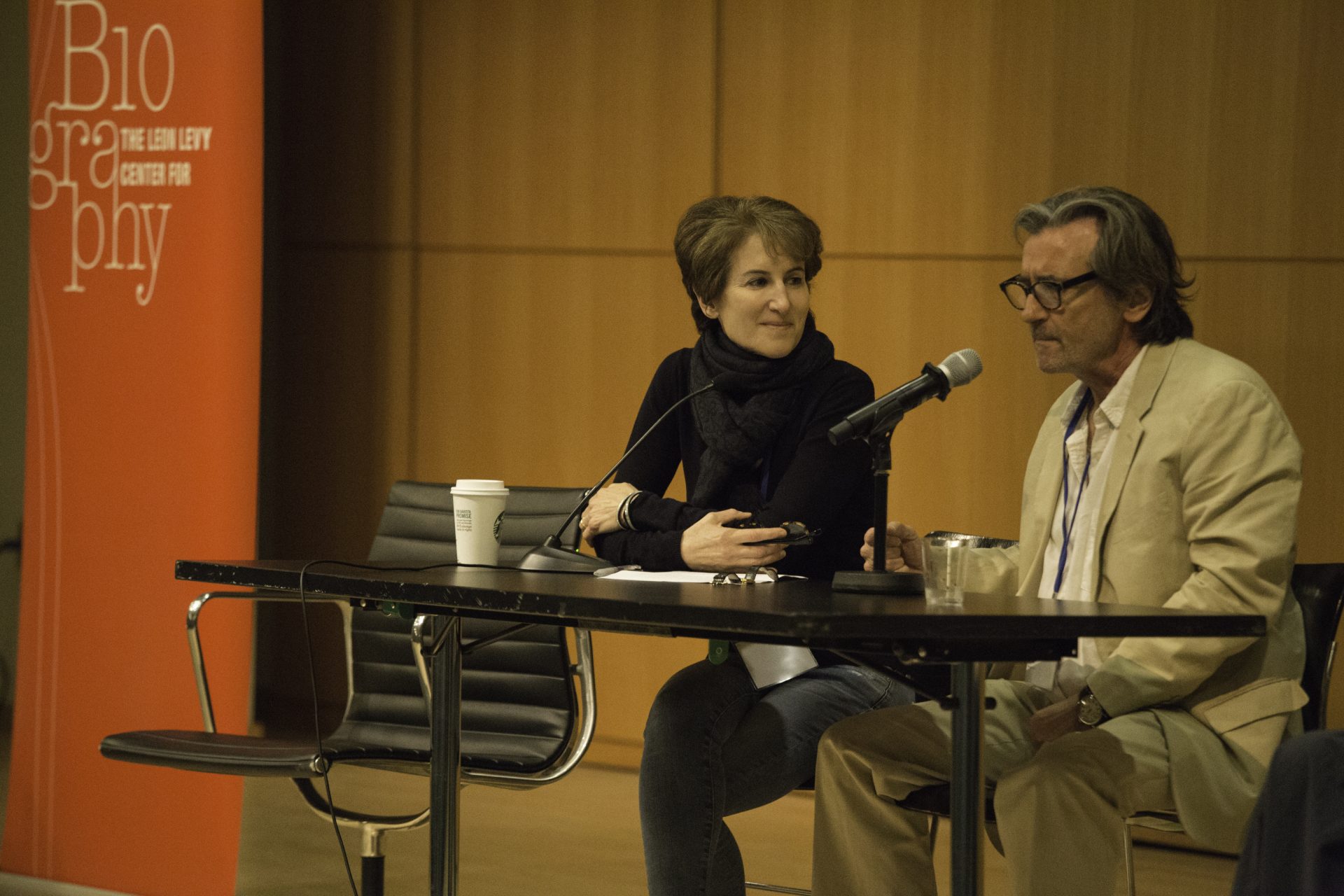
AGAIN, AND IN PERSON, IN 2023
This year’s meeting offered its attendees the option of a virtual ticket, as had happened on the last two occasions, or a pre-pandemic in-person experience for its thousands of members and other participants. It is difficult to tell how many attended the deliberations from the comfort of their homes but the halls were packed with people eager to meet their colleagues face-to-face once more.
The International Organization of Biographers and the Leon Levy Center for Biographies could not have chosen a better place to meet in person. The Graduate Center, as well as a building with the right to be considered iconic by its own history, is also well known as the gateway to Murray Hill, the student neighborhood of New York University and the happiest face that the city presents in the infinity of movies and TV series shot around there.
This neighborhood in particular – in a city that renews itself constantly, and with little regard for its past – holds a certain reverence for its original architecture. Here, the famous «brownstones» of New York do not look like millionaires’ retreats, and neither look like buildings about to collapse, like elsewhere in the Lower East Side, but preserve their original function of housing for modest middle-class, welcoming students and academics alike.
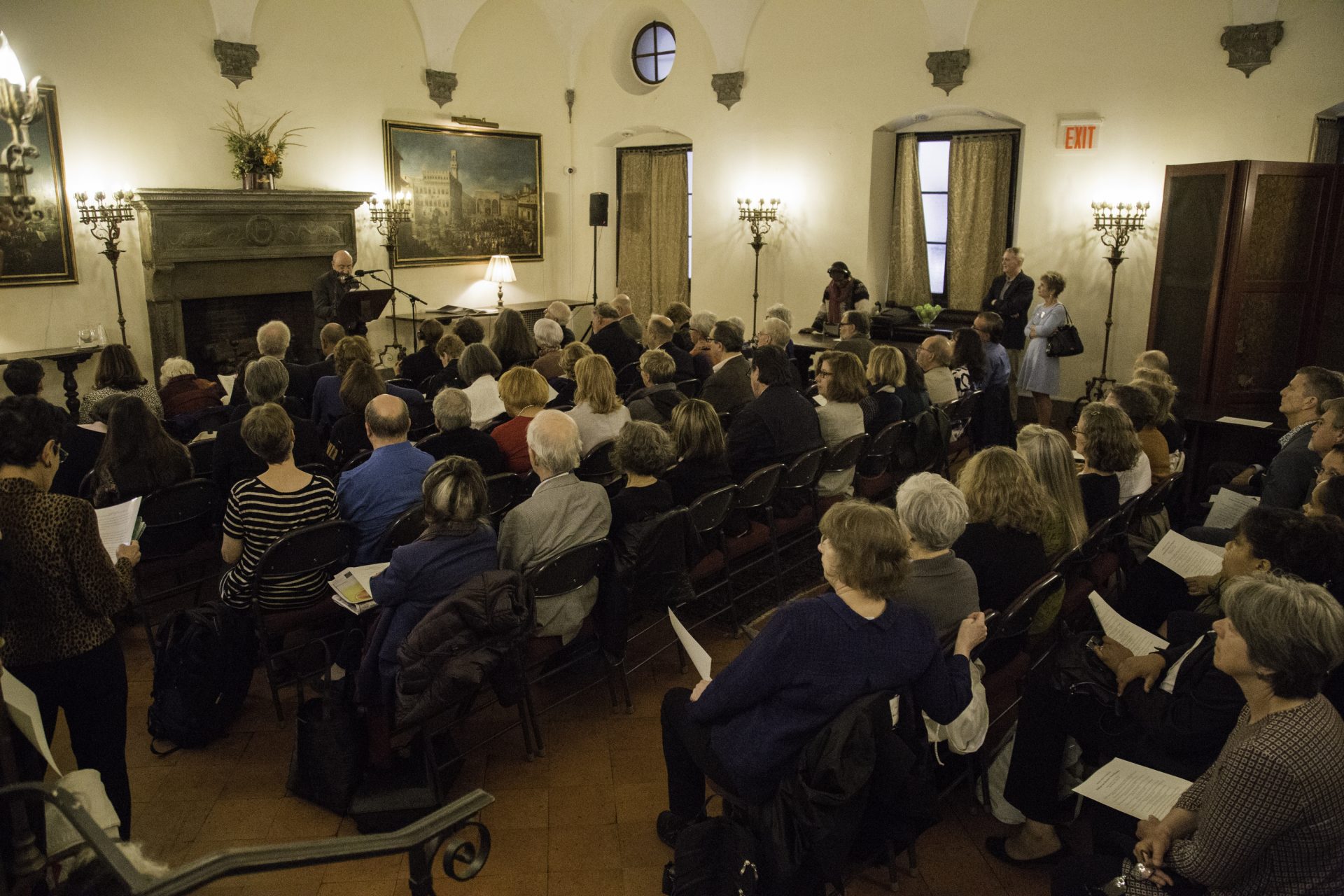
REPORTERS OF THE PAST
The conference is of immeasurable value to hundreds of attendees. It would be impossible for writers just starting out to receive guidance and advice, as well as encouragement, from veterans of the art popularized by James Boswell. For those who let themselves be dazzled by opulent halls a few blocks away, the academic cloisters could seem a little underwhelming, but it is perhaps that sobriety that separates the chaff from the wheat, and ensures the value of these meetings is none other than sharing and fellowship with other practitioners of the telling of real stories.
What luxury does any self-respecting writer need, except bump in some corridor with the author of the biographies of Walter Cronkite and Rosa Parks, or the biographer of Thomas Jefferson, Andrew Johnson, and Vernon Jordan? Or meet the most recognized chroniclers of the already hazy Camelot, pens of the stature of Evan Thomas and Jon Meacham? In excess of sixty panelists mingled, without asserting hierarchies, which honors the egalitarian guidelines of the organizers. It is inevitable not to be dazzled, however, by names like Rachel Swarns, the professor and writer for the New York Times who has been a campaign reporter for presidential elections and Michelle Obama’s time as first lady.
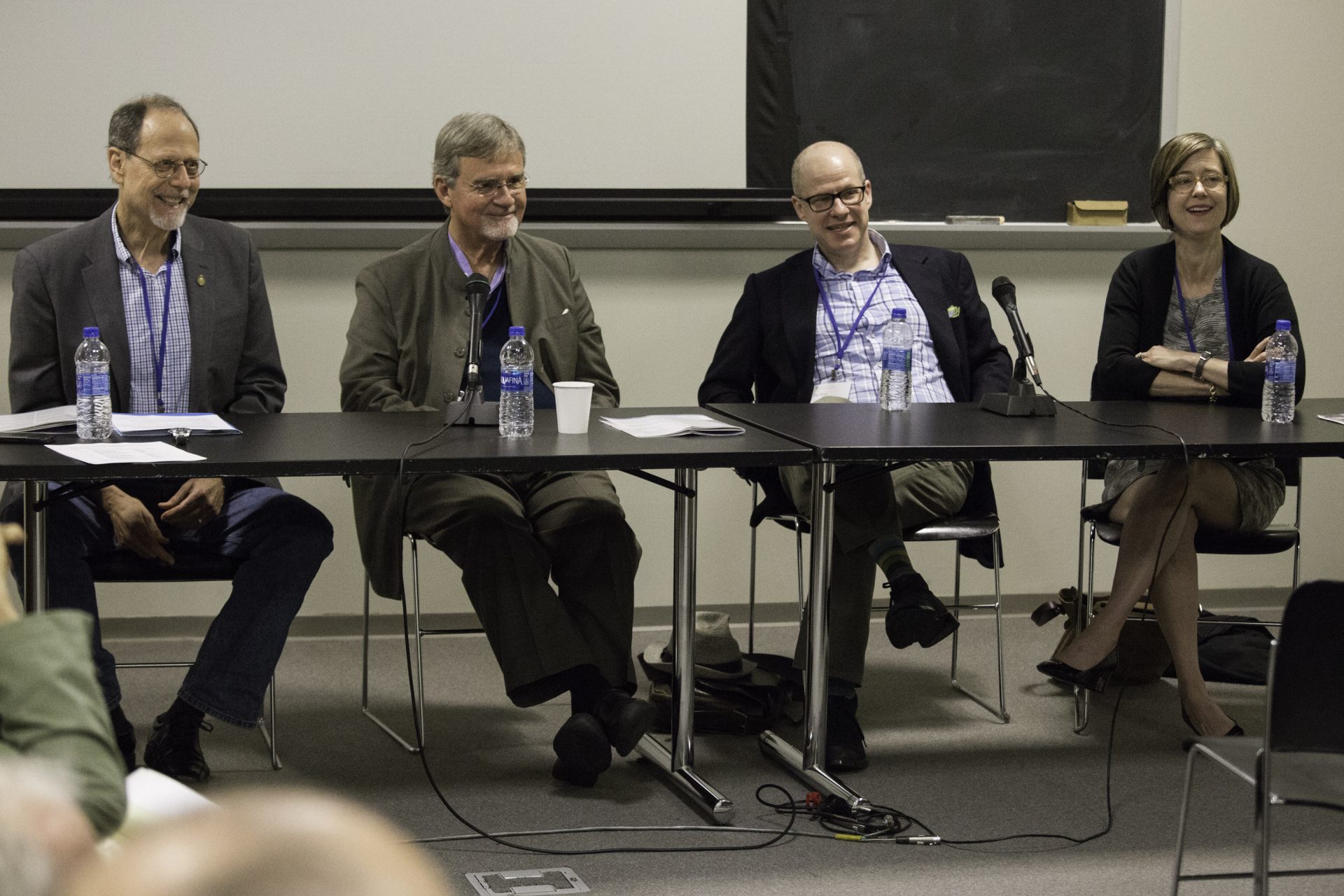
It is not at all strange to discern two types of professionals of this metier, the entire academic, with years of experience, accumulated travel mileage, and depth of studies like Celia Stahr (Frida in America) and biographers with roots in classical journalism like Ms. Swans, a foreign correspondent in places as diverse as Russia, Cuba, and South Africa. A separate byline is well deserved for brilliant figures such as Stacy Schiff, author of «Vera», the Pulitzer Prize-winning biography of Vladimir Nabokov’s wife, and authors who achieved the feat of being relatively well known with the general public, as is the case of the legendary David Maraniss, biographer of many titans of America’s social life but forever linked to Bill Clinton.
Some stars that shone in on the conference were not even present. The first event recapitulated the story of two giants of American biography – Roberto Caro and Robert Gottlieb. The screening of the 2022 documentary was attended by its director, Lizzie Gottlieb- an extraordinary case of a documentarian daughter of a renowned biographer herself, the author of the biographies of Greta Garbo, Sarah Bernhardt, and George Balanchine, Robert Gottlieb.
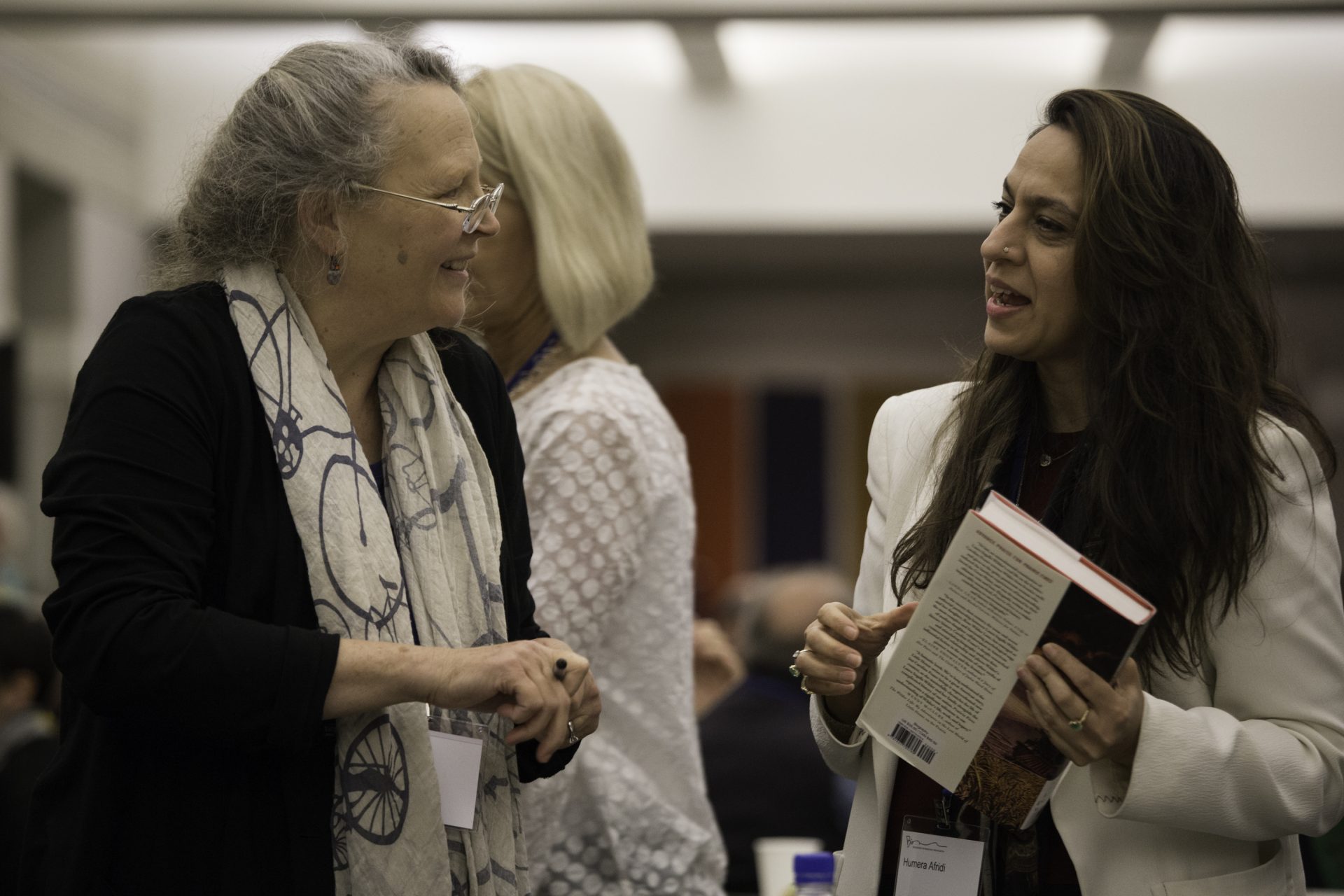
NEW VIEWPOINTS
Authors like Caleb J. Gayle, in the first panel of the day (“Tools and Strategies for Research, Organizing, and Writing”) represent a new impetus for research, exemplified in his work-in-progress about the 1921 Tulsa massacre. It signals a revisionist new force, judging by the news of quasi-archaeological discoveries in recent years, of entire cities ‘buried in water’ beneath man-made lakes for hydroelectric developments in the southern United States. Cleverly, perversely, that the recent past could hide the embarrassing side of its own history, by a community that somehow lost its memory, is an alarm bell for biographers and historians everywhere.
Carl Rollyson, who shared the panel, author of biographies of stars from the golden age of Hollywood cinema, also witnesses this urgent need to review the cultural consensus and the ‘price of fame’ in the retelling of the behaviors of those who we considered our paradigms on the big screen, a concept itself quite archaic in 2023.
On the other side of the spectrum, if such judgment was valid, there are the ‘unauthorized’ biographers who perhaps deserve special recognition, being a harder and more controversial metier. Kitty Kelly, star of the virtual event, was long a headache for descendants of notable figures in popular culture, as well as the status quo, beginning with 20th-century musical icon Frank Sinatra. The virtual conference had everything that was expected of a personality with such charisma, the sine qua non for unauthorized biographers, one presumes, as well as someone who dared be a biographer of the Bush family, Nancy Reagan, Oprah, and the English royal family, she was the recipient of the Bio Award, in its 14th edition.
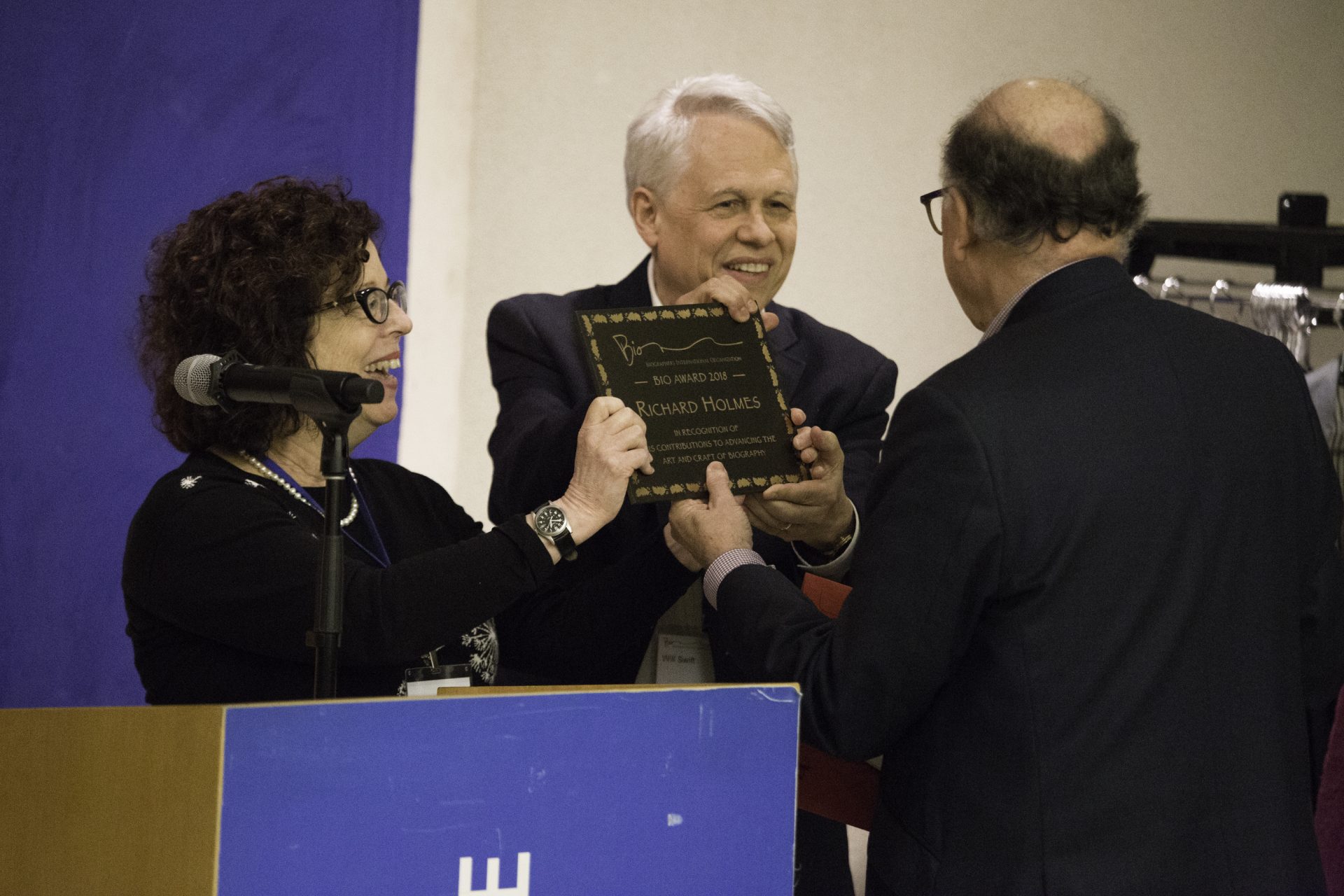
BIOGRAPHERS WITHOUT FEATHERS
The novelty of this conference was the inclusion of «biographers» from other mediums besides the literary one, and in this edition, they had their place on the panel about graphic comics with a biographical bent. Dan Nadel, currently working on a biography of cartoonist Robert Crumb, and Ken Krimstein, cartoonist and author of «Hannah Arendt’s Three Ways Out,» pondered with Jim Henson biographer Brian Jay Jones, about a new kind of biography. graphics, a genre inspired in part by the success of Maus, by Art Spiegelman.
Patricia Laurence, the author of the biographies of Virginia Woolf and Elizabeth Bowen, moderated a panel on ‘trans-national biographies’, that is, characters belonging to other cultures. The panelists, Mary Ann Caws, biographer of Dora Maar and Blaise Pascal, and Celia Stahr, biographer of Frida Kahlo, recounted their experiences to distill other cultures in their work, although, in the case of Stahr, her book is cleverly circumscribed to the period when the artist and her husband, the famous Diego Rivera, lived in the United States and, more specifically, California. In any case, interpreting other cultures without denigrating stereotypes is mandatory also for the new generations, who in many cases may share bloodlines with cultures to which they may not feel so attached otherwise. This sensibility, it may turn out, to be of value at home as well, given the vast array of previously inconvenient topics in America’s recent past that are ripe to be rediscovered.
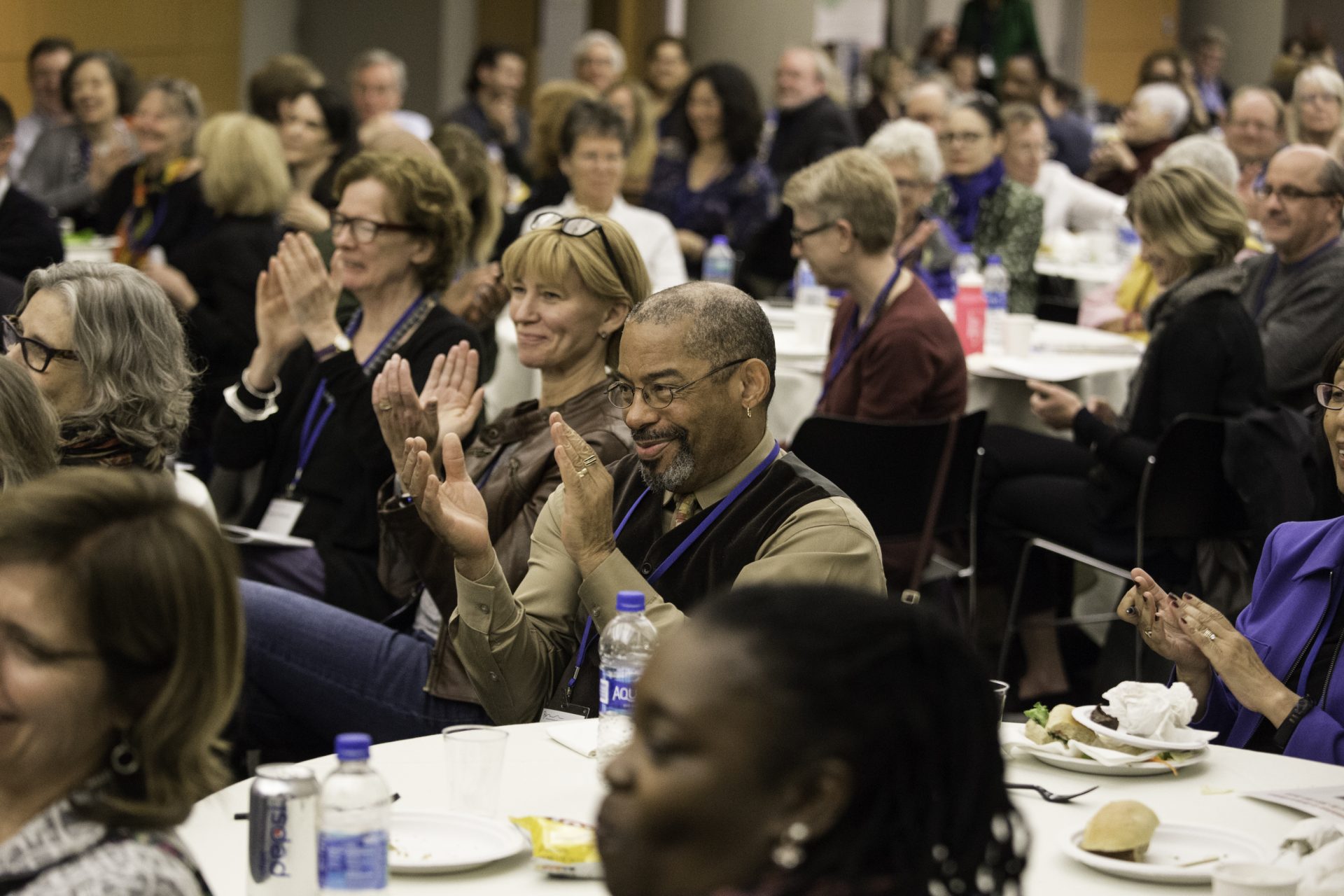
Among all the panels of specific interest to writers, which included the editors’ perspective, publicity in times of social media, and the question of race in the field of biographies, the most interesting panel the one with, to neologize, ‘camera biographers’. Laurie Gwen Shapiro, Emmy and an Independent Spirit Award-winning director, whose story about Dorothy Parker’s ashes in the New Yorker garnered her a GANYC Apple Award and another award for the story of a WWII pilot. The other panelist, Barbara Kopple, needs no introduction. But still, she is the director of «Harlan County, USA,» which has been designated a classic by the Library of Congress and the National Film Registry. This panel also included the participation of Greg Young, from The Bowery Boys podcast, Penny Lane, a 2020 Guggenheim Fellow and director of “Listening to Kenny G” (2021), and Daniel Zalewski, editor of Time Magazine and The New Yorker.
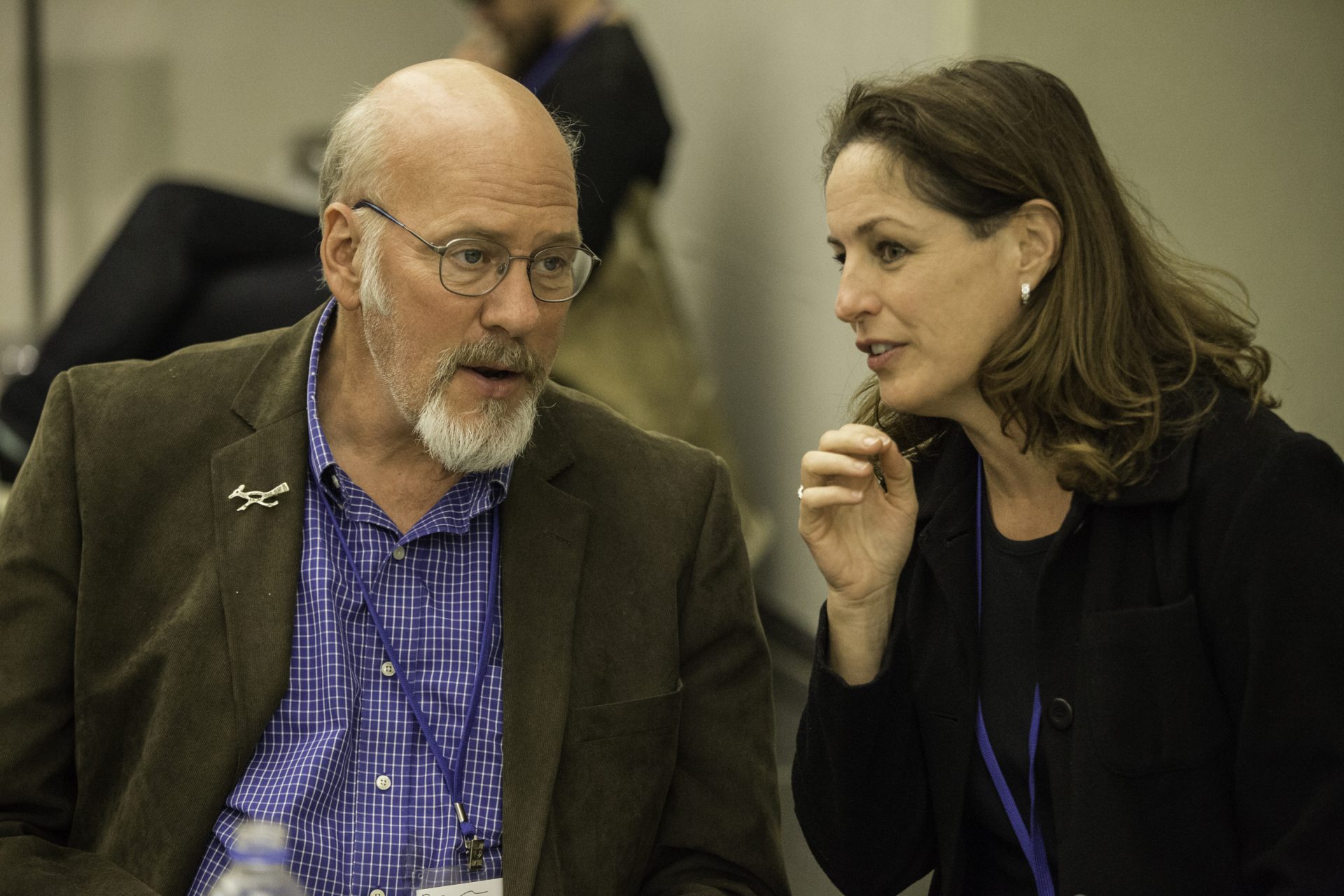
It is incredible to realize that the panels proposed throughout the day could have easily filled several days of talks, that this chronicle could barely scrap, without including the nominations and awards for half a dozen winners, like the Ray A. Shepard Service Award, the Editorial
Excellence Award, the Hazel Rowley Award (whose winner was Alex Pollak), and the Plutarch Award finalists, as well as the Robert and Ina Caro scholarship fund. The success of the event is undoubtedly the work of a huge team led by executive director Michael Gately and his colleagues Lori Izykowski and Holly Van Leuven.


